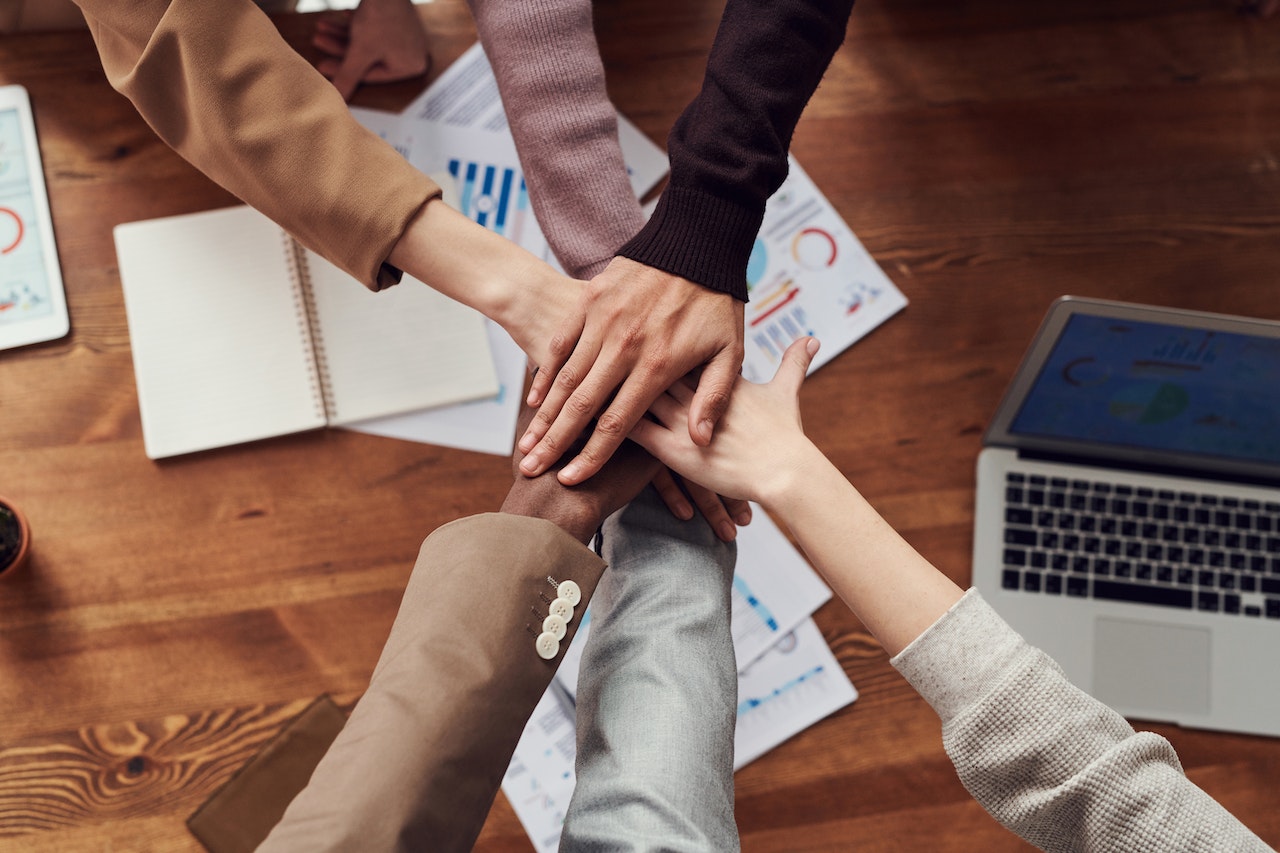
Team Building
About The Course
Team Building
Aim
Team Building sessions provide an opportunity for the team members to leave their normal working environment behind and focus on issues that are relevant to them as individuals and as team members. Team Building sessions can last for a half day, or a full day. The sessions can be one-off events, or structured as part of a programme (eg a session every 3 months) to check on how the team is progressing. Ultimately it’s up to the team to decide what it wants to achieve.
Target Group
Any group of individuals who can identify themselves as a team.
Venue and timings
We suggest 10.00am – 4.30pm (9.30am–12.30pm or 1.30pm–4.30pm for half-days). We also suggest that, if possible, the Team Building is held away from the team’s normal workplace (just the next floor will do).
Content – this will vary greatly according to the team’s identified needs. We will discuss your needs in advance so that you get the most out of the session. It could include any of the following issues:
- The characteristics of an effective team
- What are the main aims of this particular team?
- The role of individuals within the team and that of others
- The importance of common aims
- Effective communication skills within the team and with external partners
- The history of the team, how did it get to where it is today?
- What has this team achieved in the past, and what would it like to achieve in the future?
- SWOT analysis (strengths, weaknesses, opportunities and threats)
- Belbin’s Team Roles and how they might explain what is happening in this team
- Where the team would like to be in 12 months, 2 years, 5 years, 10 years
- What constitutes success, and how is success measured and rewarded in this team?
- Is there anything that is holding this team back – and if so what could be done to overcome this?
- Any other issues, as defined in advance and/or on the day by the team itself.
Training methods used
All of our training sessions are intended to be as interactive as possible. Participants are encouraged to ask questions, make comments, and bring up their own issues. We use lots of different methods including quizzes, case studies, video clips and small group work as well as direct teaching. We want participants to leave the session saying “that was really enjoyable – and it was directly relevant to my working life.”
The Course Curriculam

